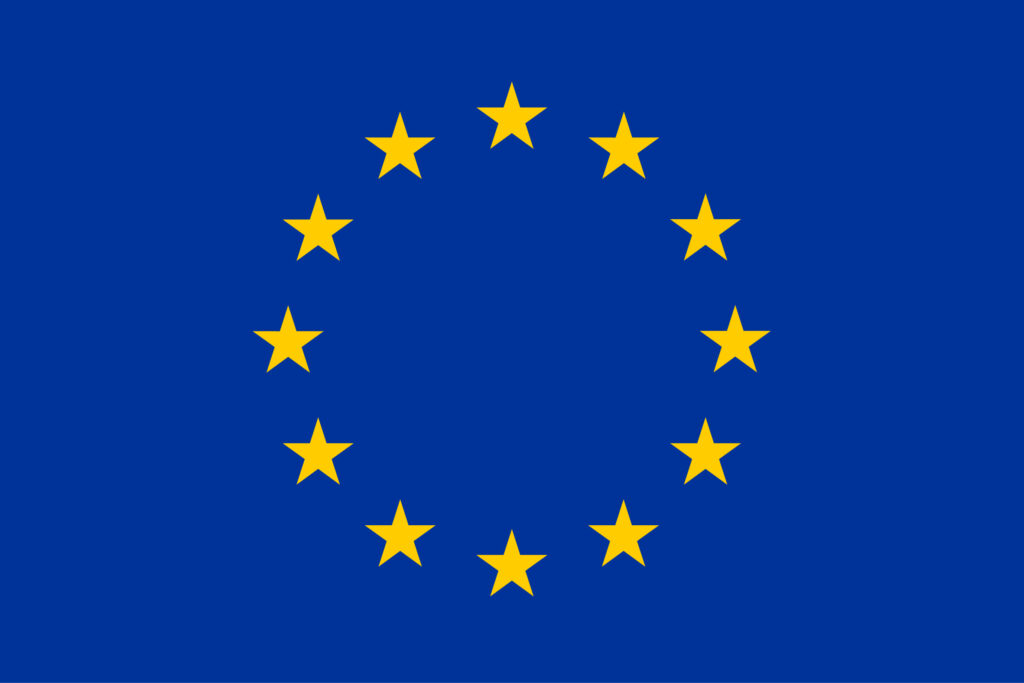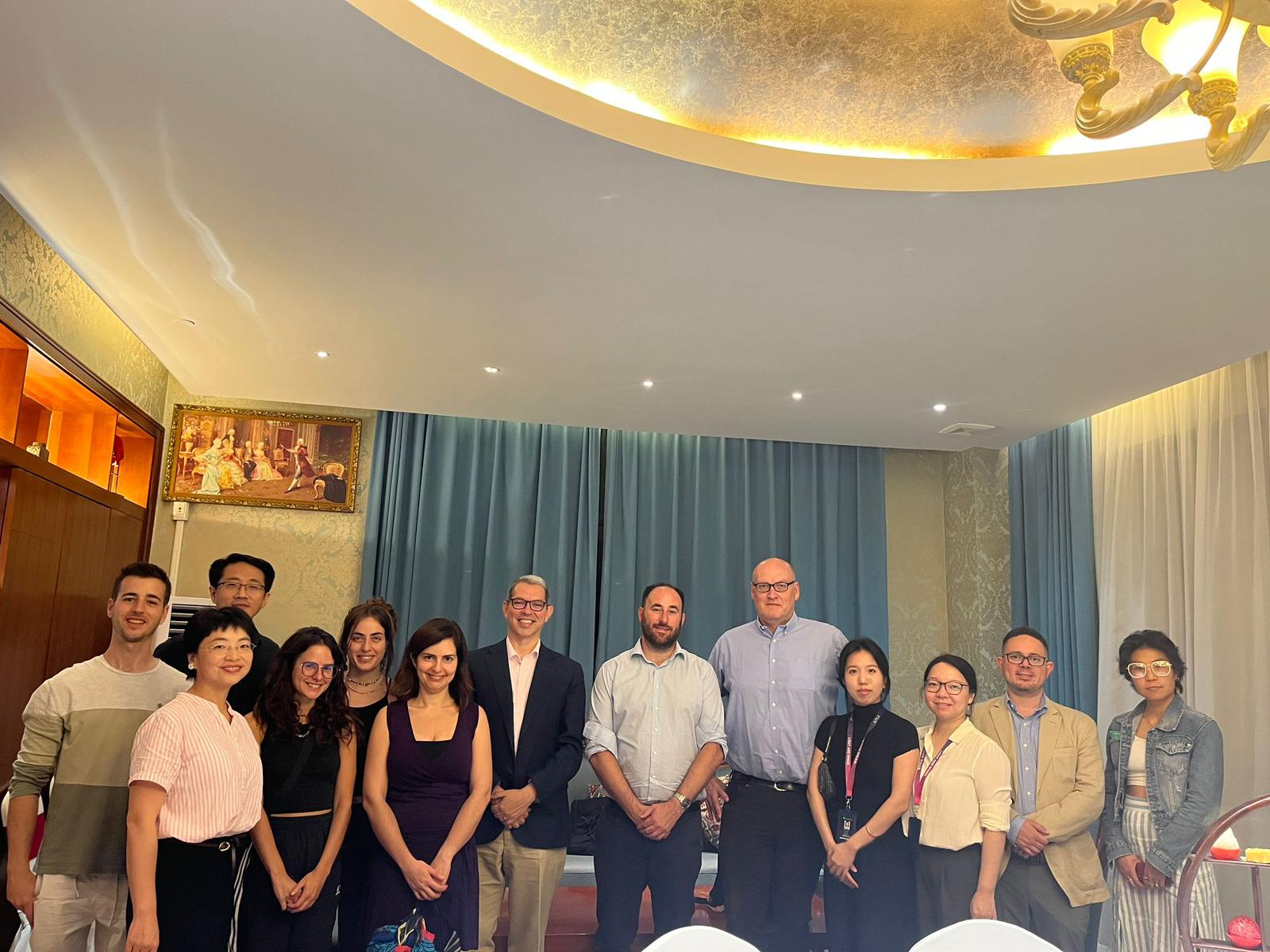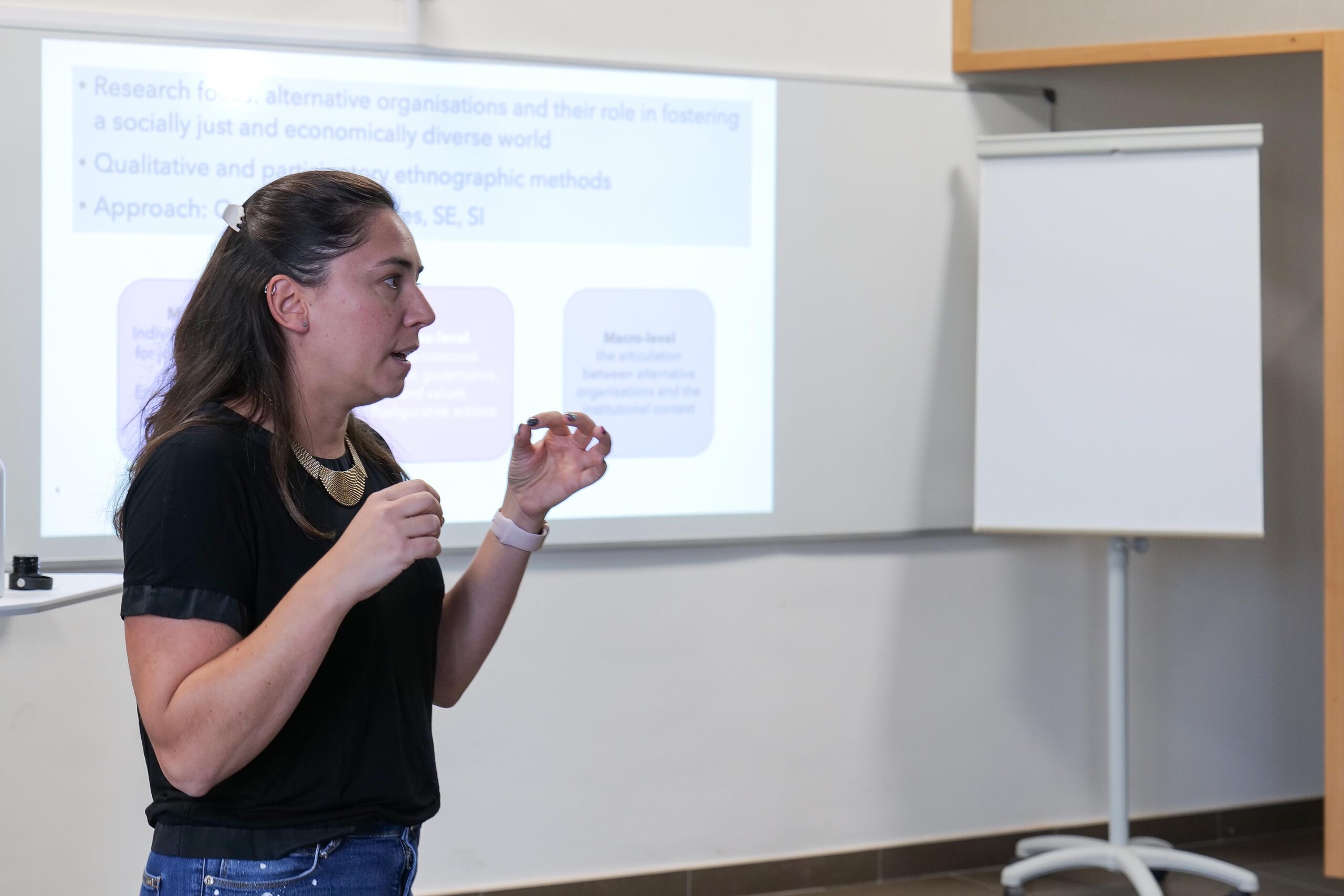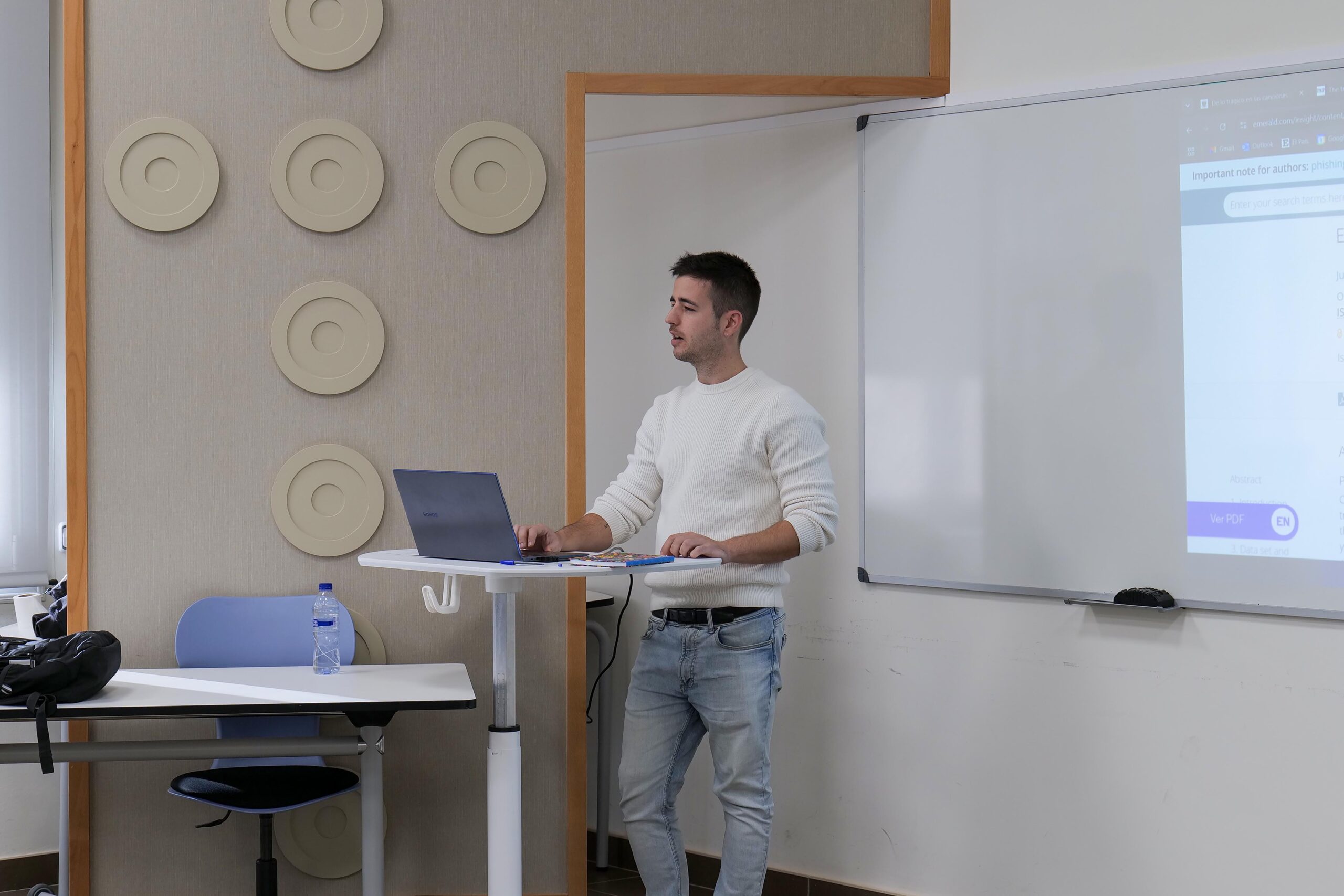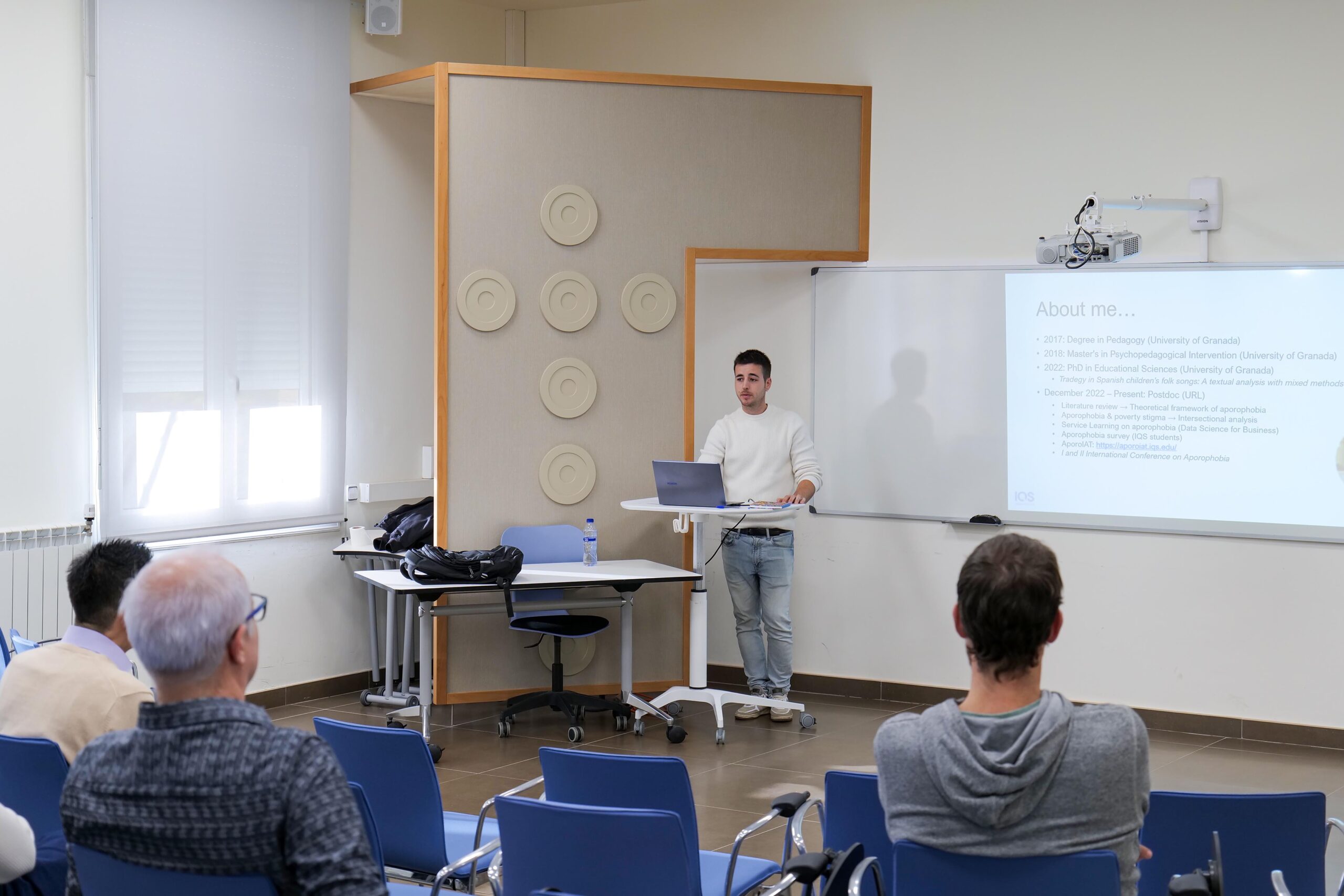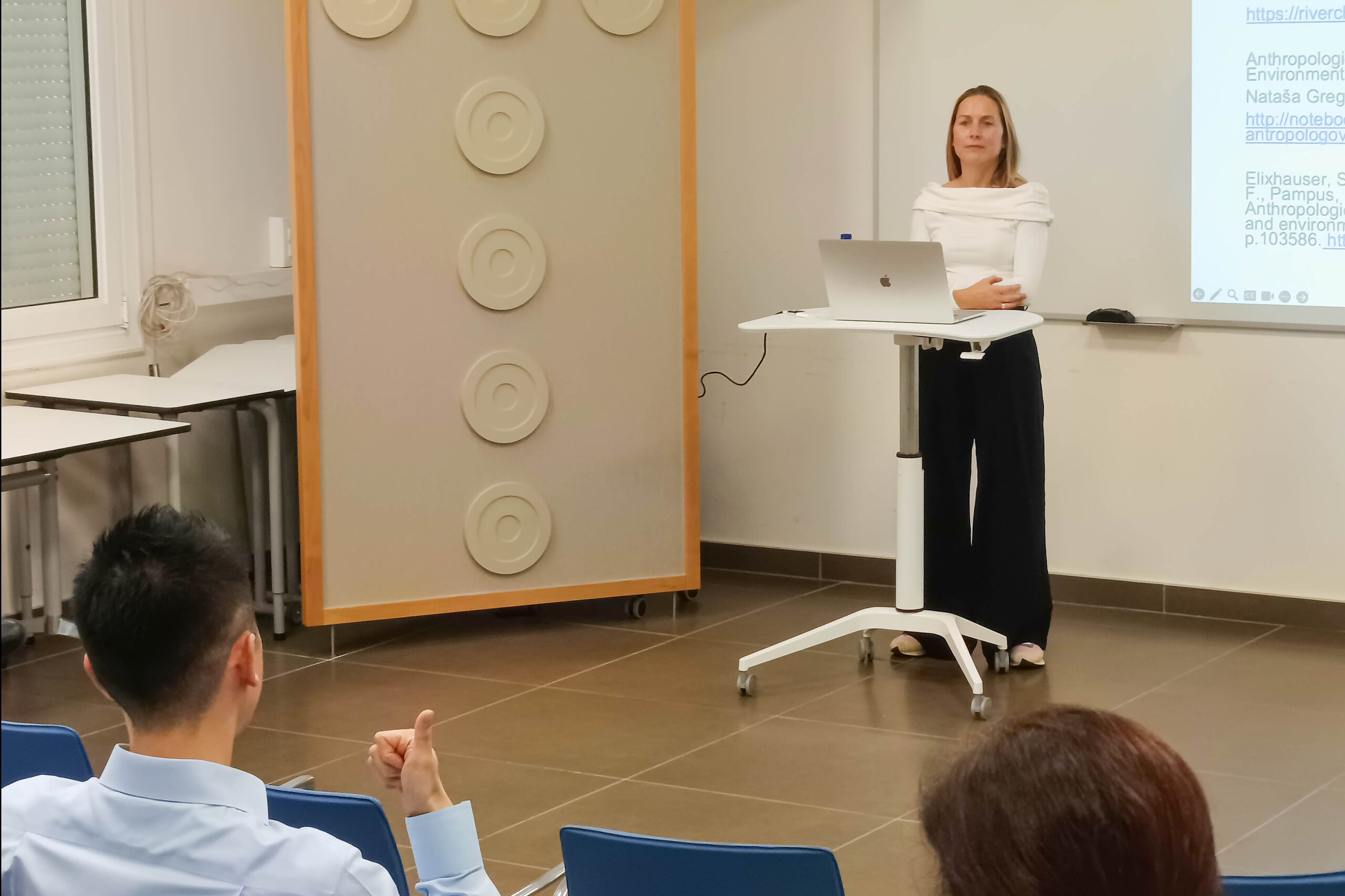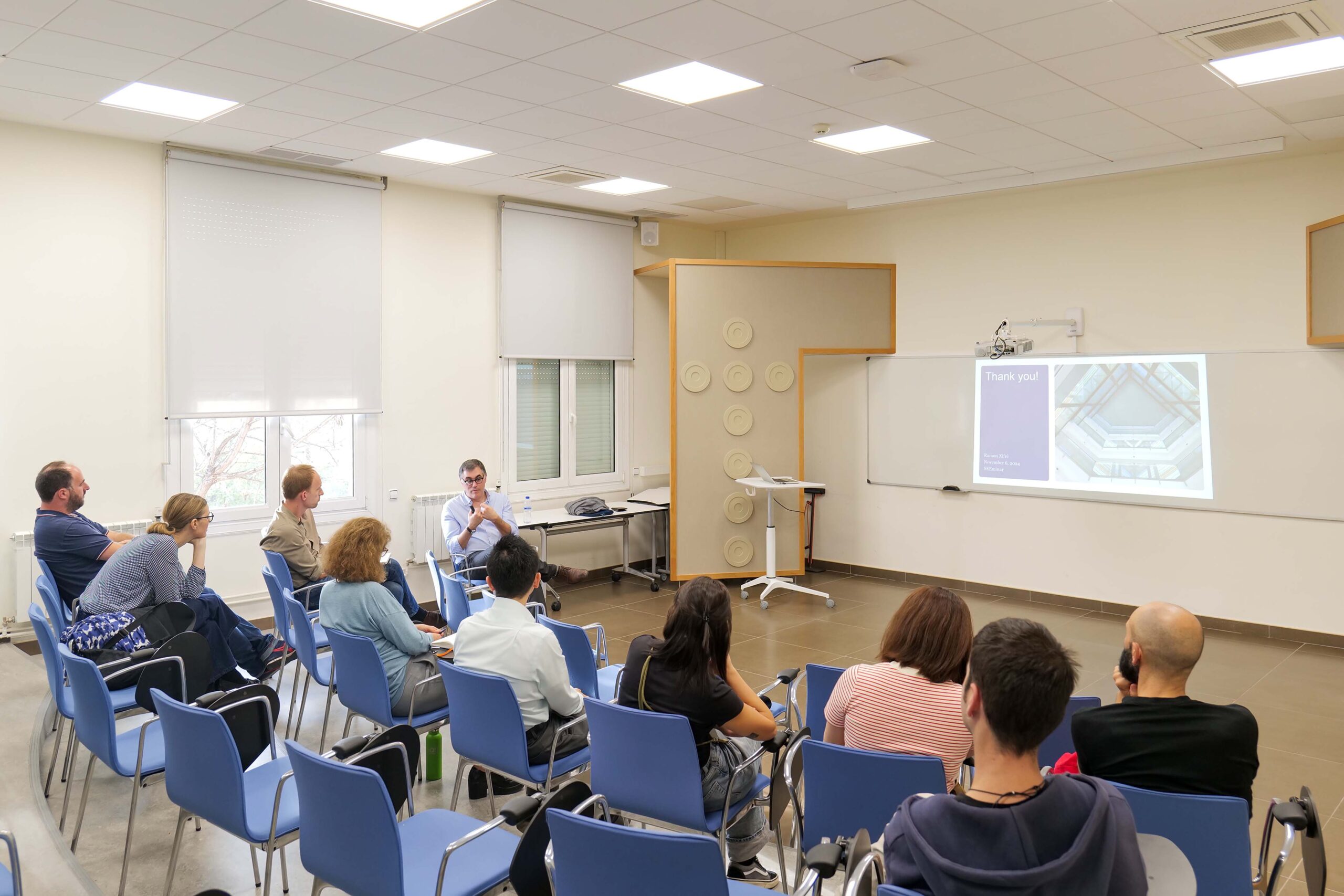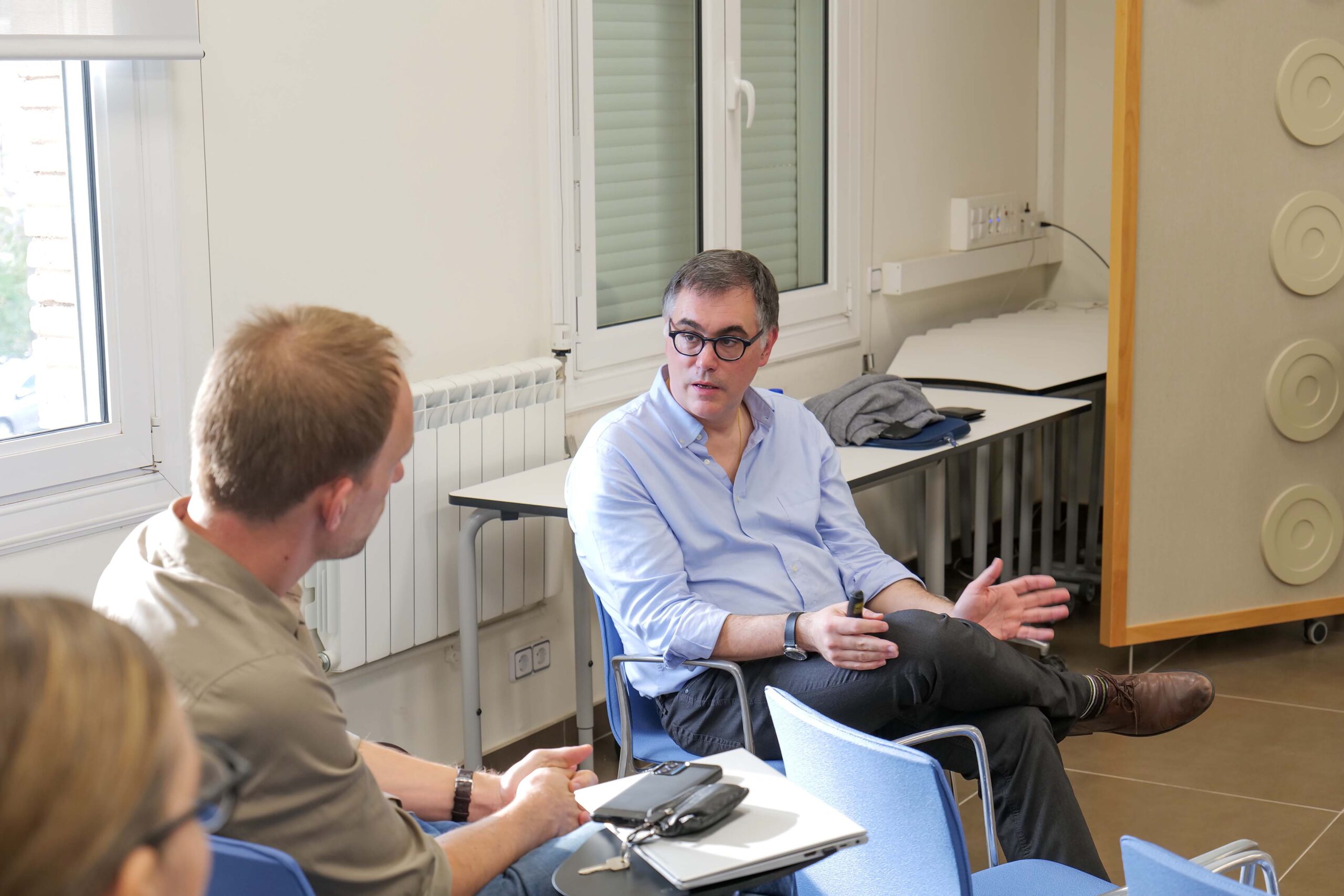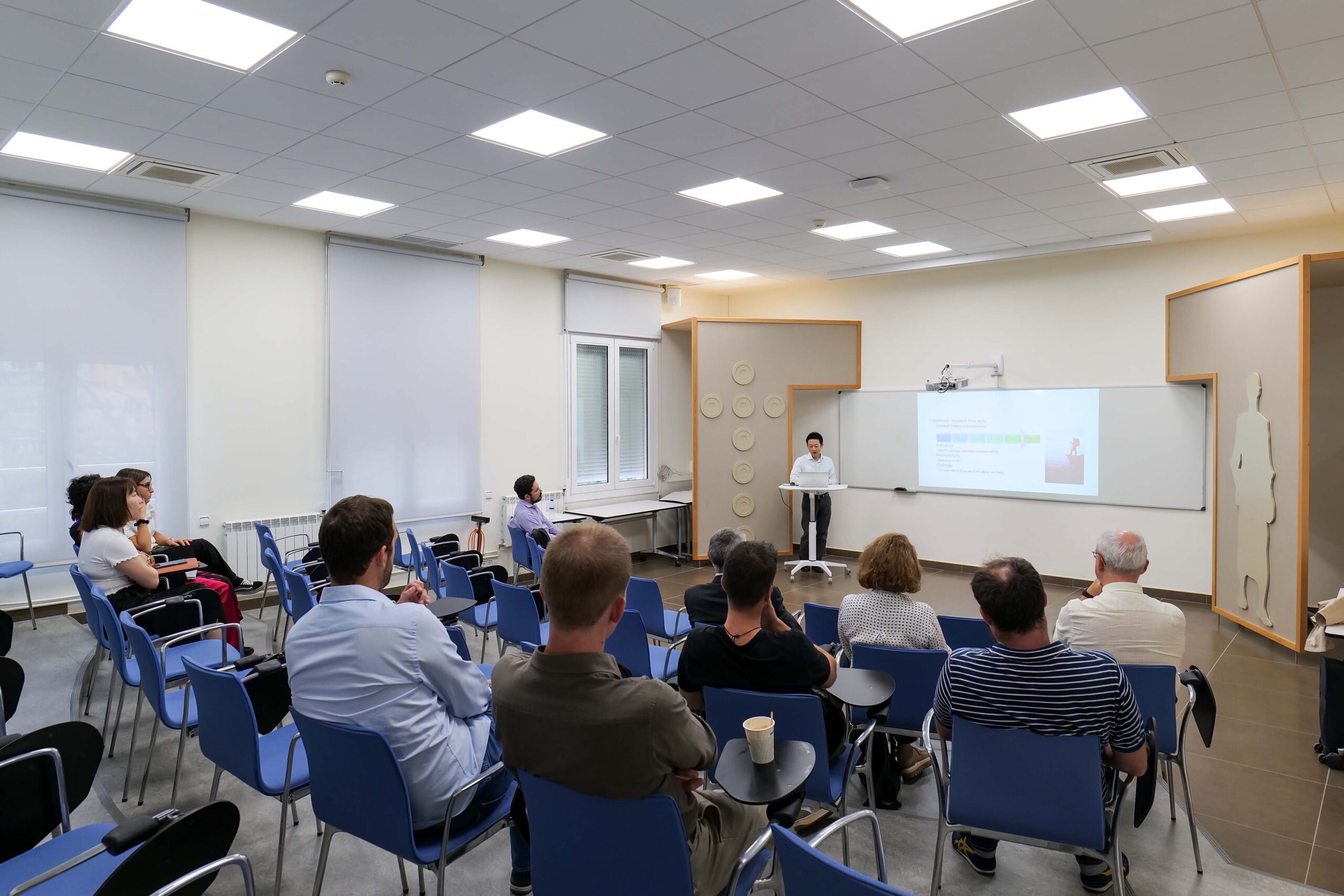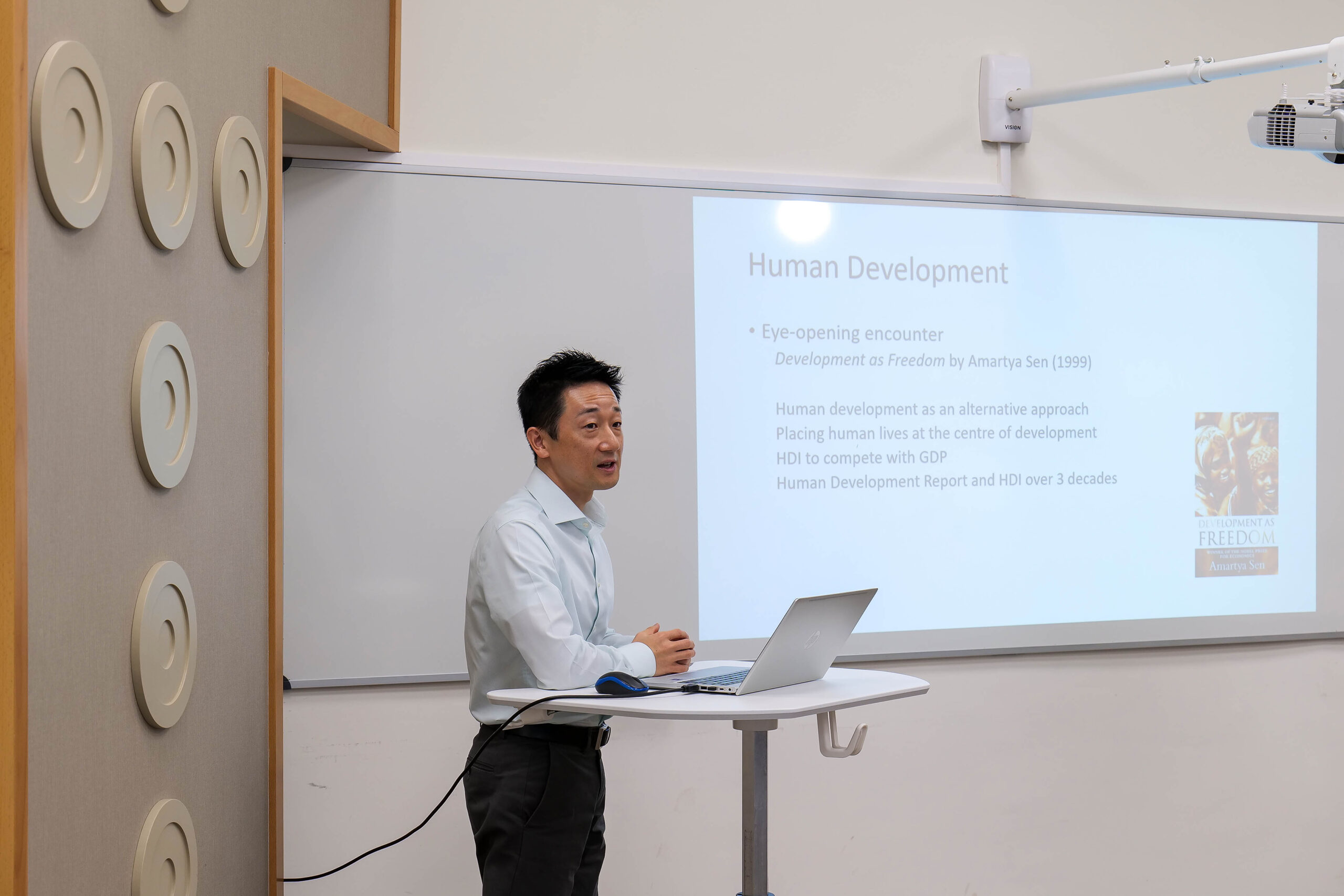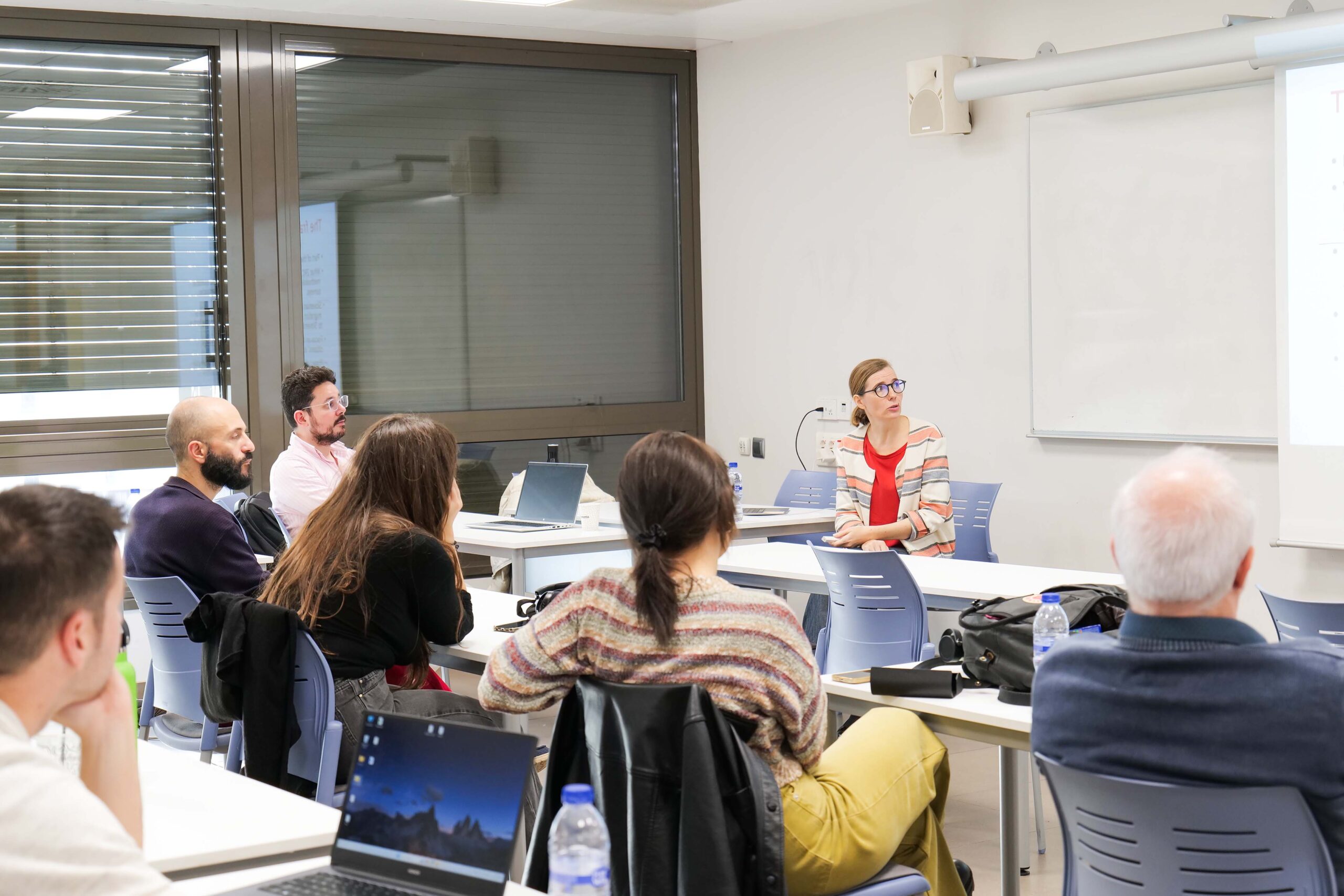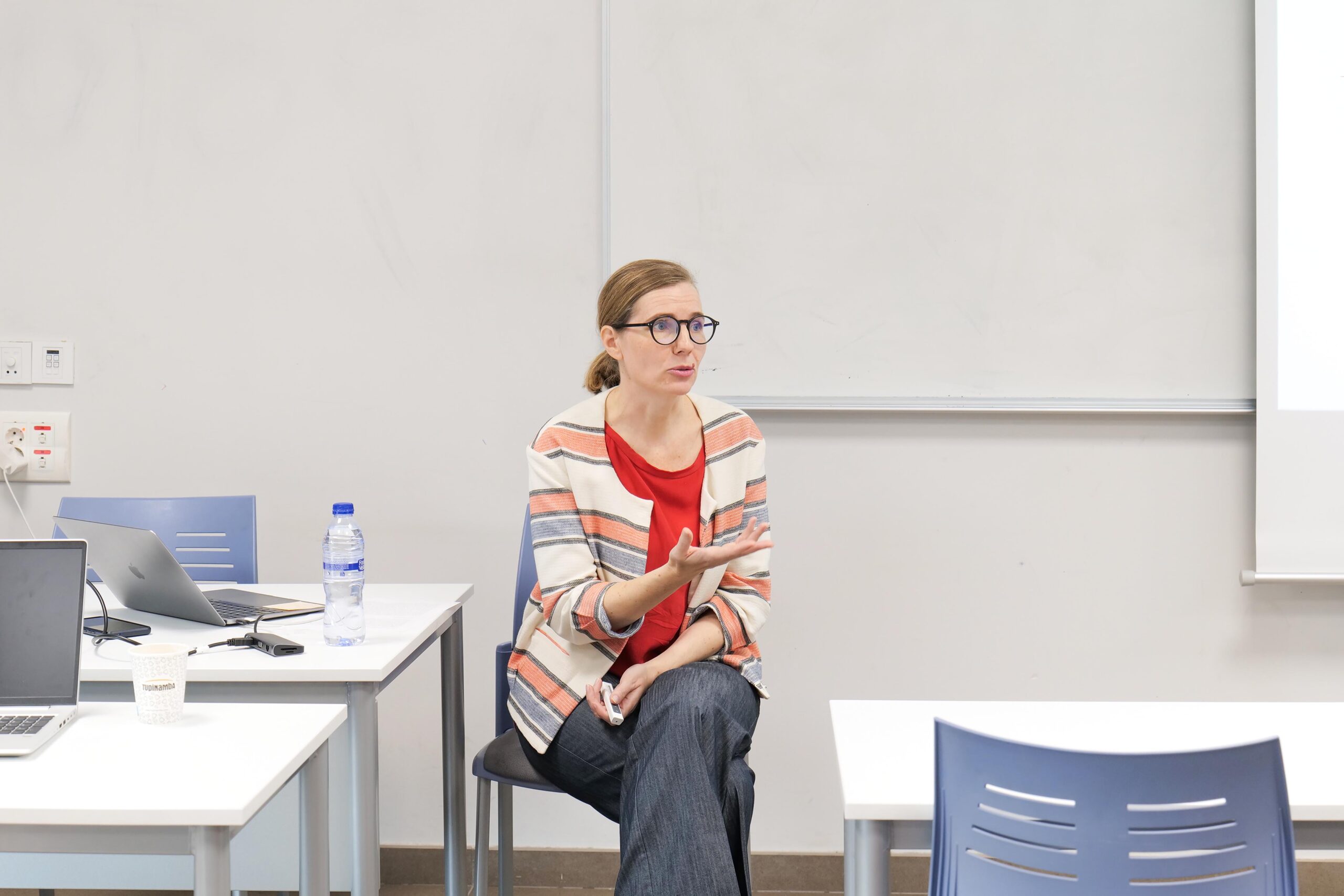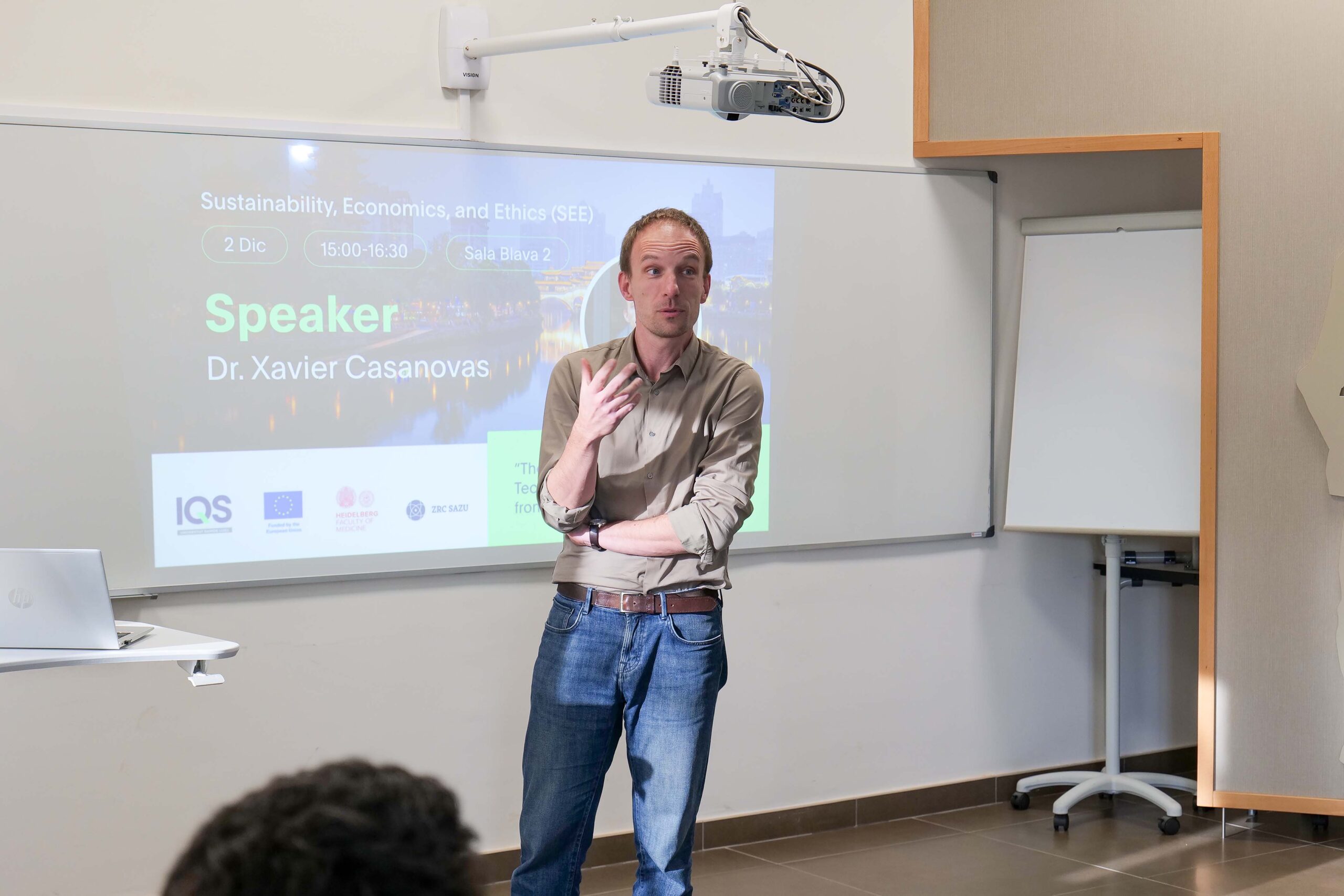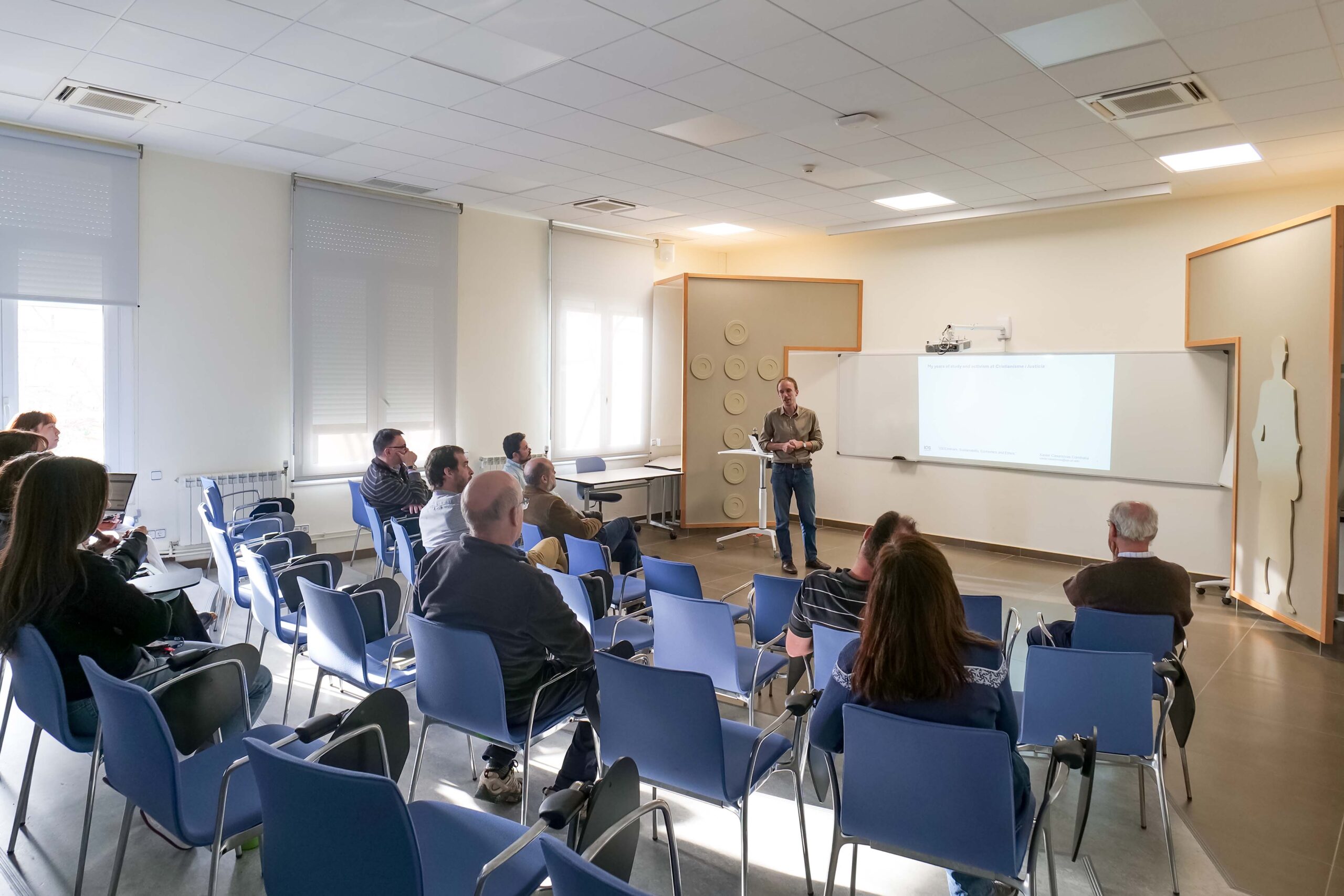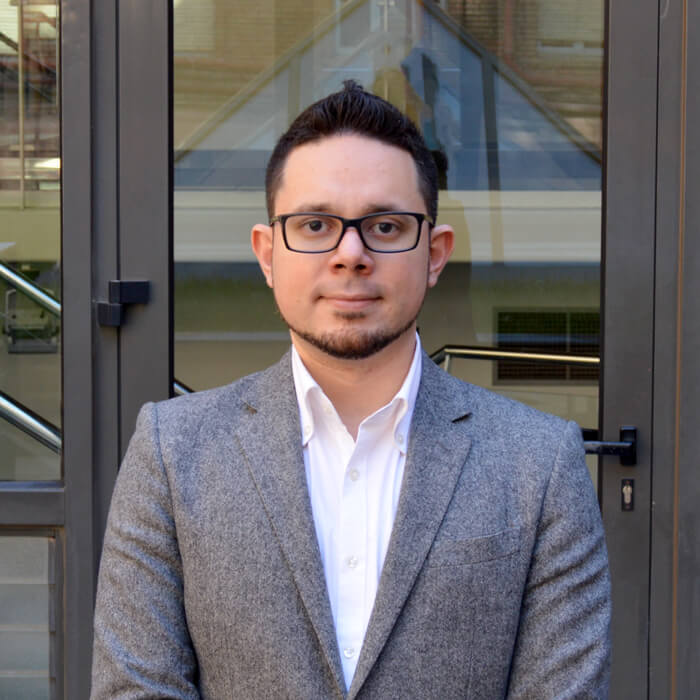Within the framework of the European PoPMeD-SuSDeV project, and within the work area (WP) on Structural Change and Sustainable Development, nine IQS researchers carried out different research stays at universities in Germany, China, and Japan:
- Dr Mihály Borsi and Dr Jan Meyer worked at the Heidelberg Institute of Global Health at the University of Heidelberg in Germany
- Dr Octasiano Valerio Mendoza spent time at the Graduate School of Frontier Sciences with the University of Tokyo
- And several researchers did work at the Suzhou International Business School of Xi’an Jiaotong Liverpool University: Dr Flavio Comim, Dr Mihály Borsi, Dr Meritxell Sáez, Dr Octasiano Valerio Mendoza, Dr Juan Albacete, and PhD students Rallou Taratori, Ying Ni, and Marina Ferraz.
During these stays, the team focused on five critical areas related to the European project: energy transition, aligning with the “leave no one behind” framework of the UN 2030 agenda, sustainability in higher education, addressing social rejection of the poor, and analysing surplus food consumption.
These stays and related research projects aimed to provide participants with applicable knowledge that supports sustainable development, emphasizing inclusion and the need for systemic changes to address both environmental and social challenges.
The PoPMeD-SuSDeV (Population Medicine and Sustainable Development in Europe and China) project is a European consortium led by Dr Octasiano Valerio Mendoza, coordinator of the Sustainability, Economics, and Ethics Group (SEE). This project aims to implement a system of “population medicine” in Europe, making it possible to improve healthcare systems based on changing to proactive models. Various European, Chinese, and Japanese entities are collaborating on this project.
SEEminars within the framework of the PoPMeD-SuSDeV project
Also within the framework of this project, the SEE group has launched a new cycle of seminars, or SEEminars, in academic year 2024-2025 with the aim of publicizing the research carried out by this group, which brings together researchers who collaborate at the intersection of issues related to sustainability, socioeconomic and ethical aspects, as well as issues related to poverty, inequality, education, aporophobia, social exclusion, convergence, and environmental protection.
The seminars take place throughout the academic year and involve doctoral students, researchers, and professors from the IQS School of Management, along with other guests who are related to the projects they carry out in the SEE group.
This year, the inaugural SEEminar was given by Dr Paola Raffaelli, entitled Between Utopia, Dystopia and Notopia: Future Imaginaries and Prefigurative Organizing in an Argentinian Complementary Currency Organization.
The rest of the SEEminars held over the first trimester include:
- Rallou Taratori, SEE group doctoral student: Leave no one behind in Digital and Financial Literacy: The case of China.
- Dr Tadashi Hirai, Professor with the Department of Economics and Finance and an expert in Territorial Economics and Ethics: Human development, happiness and sustainability.
- Dr Ramon Xifré, Professor with the Department of Economics and Finance: Sustainability, firms’ competitiveness and public management.
- Dr Juan Albacete, postdoctoral researcher with the SEE group: Aporophobia and poverty stigma. An intersectional analysis.
- Dr Xavier Casanovas, professor with the Department of Ethics and Christian Thought: The nature of progress. Technology, history and religion from an anthropological perspective.
- Dr Roberto Cantoni, Ramón y Cajal researcher and specialist in Ecological Economics and Energy and Environmental Justice: Green energy in contested territories. The cases of Western Sahara and French Guiana.
Two guest lecturers also participated in these SEEminars: Dr Nataša Gregorič Bon, from the Research Institute of the Slovenian Academy of Sciences and Arts – ZRC SAZU University, whose seminar was entitled Intersecting big and thick data in environmental studies – towards sustainability and well-being, and Dr Martina Bofulin, from the Slovenian Migration Institute at ZRC SAZU, with the seminar entitled Immigration to China: Inconspicuous Migrants from Western periphery. Both researchers form part of the PoPMeD-SuSDeV project consortium.
The PoPMeD-SuSDeV project is funded by the European Union.
